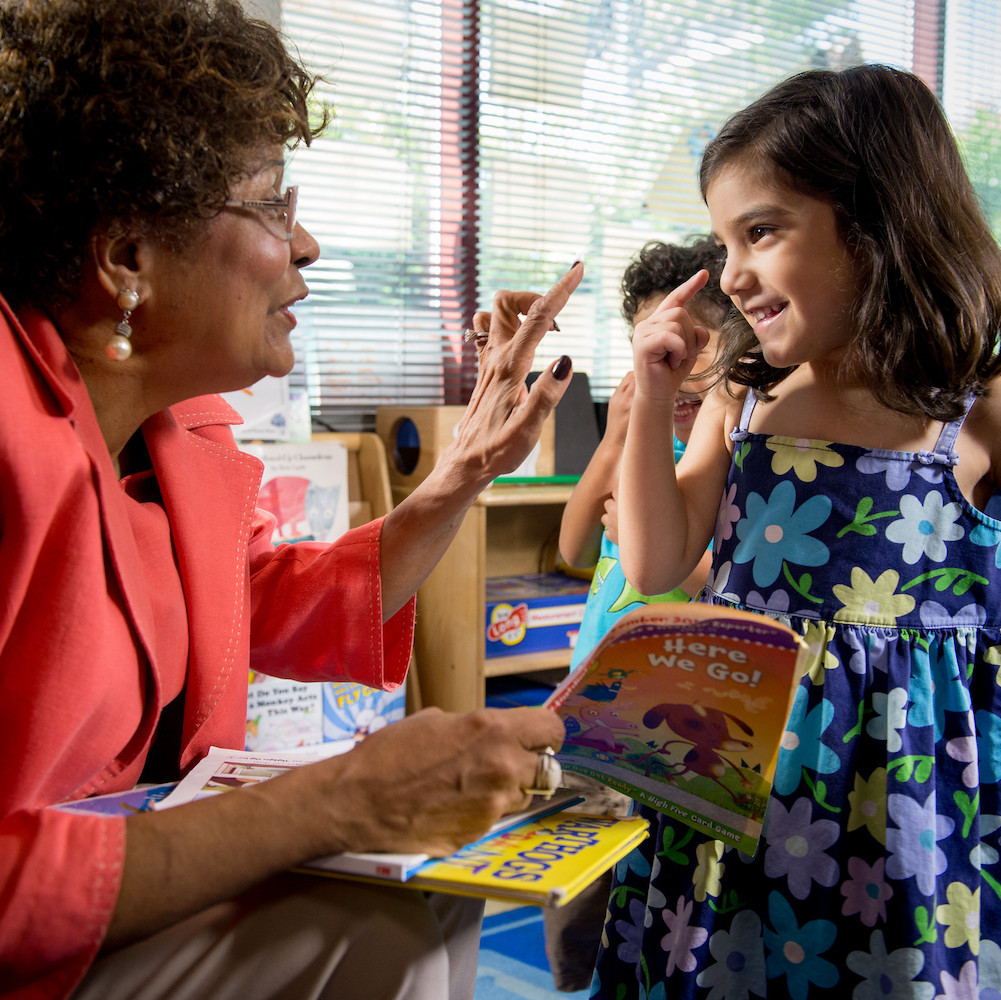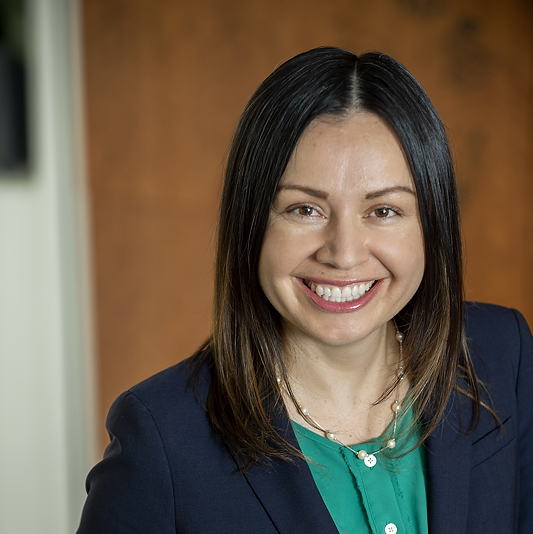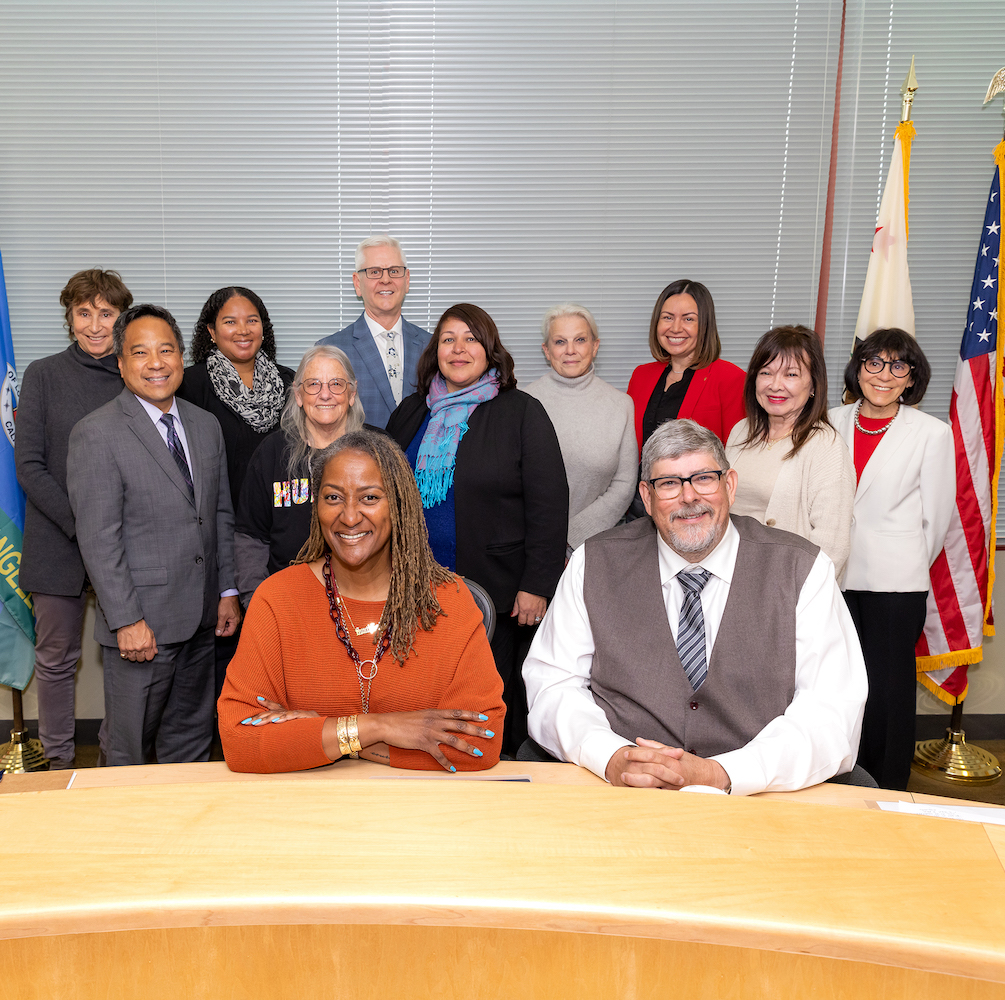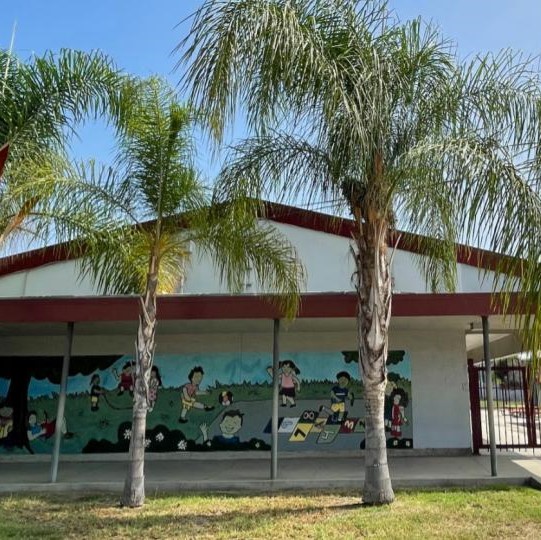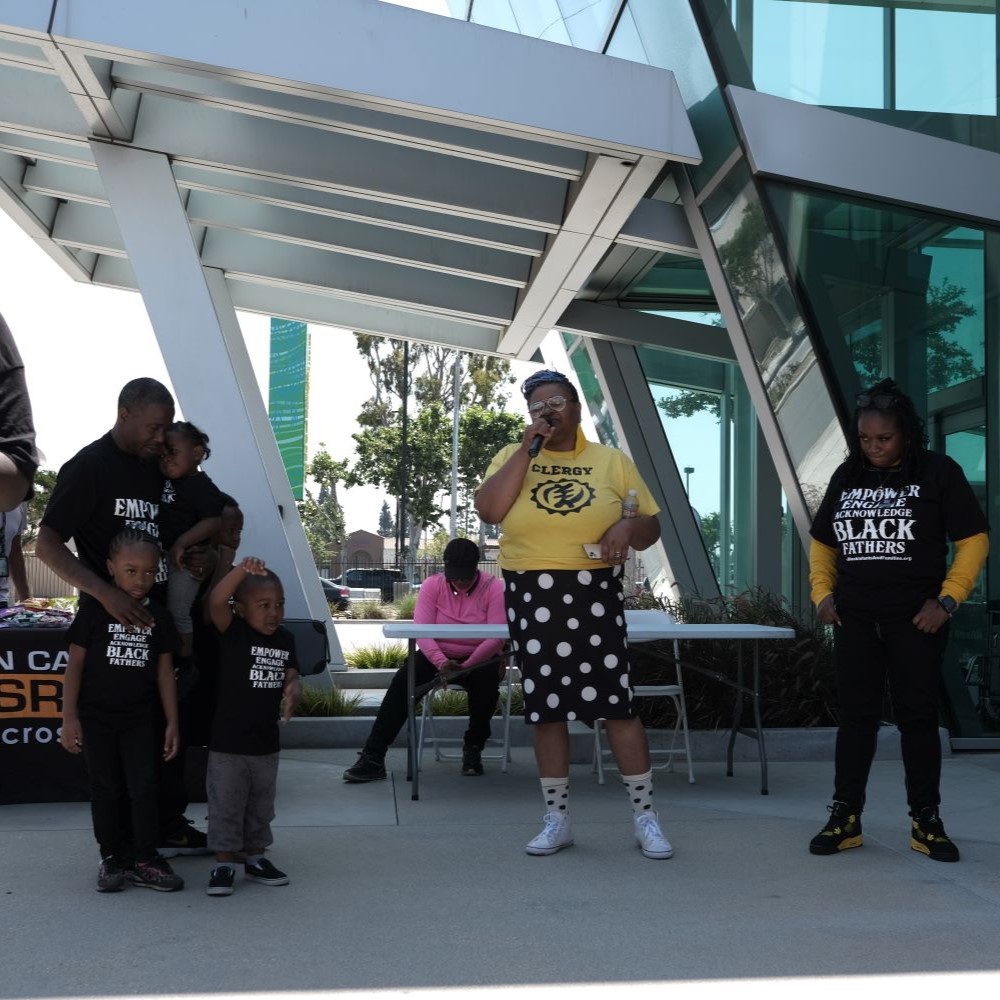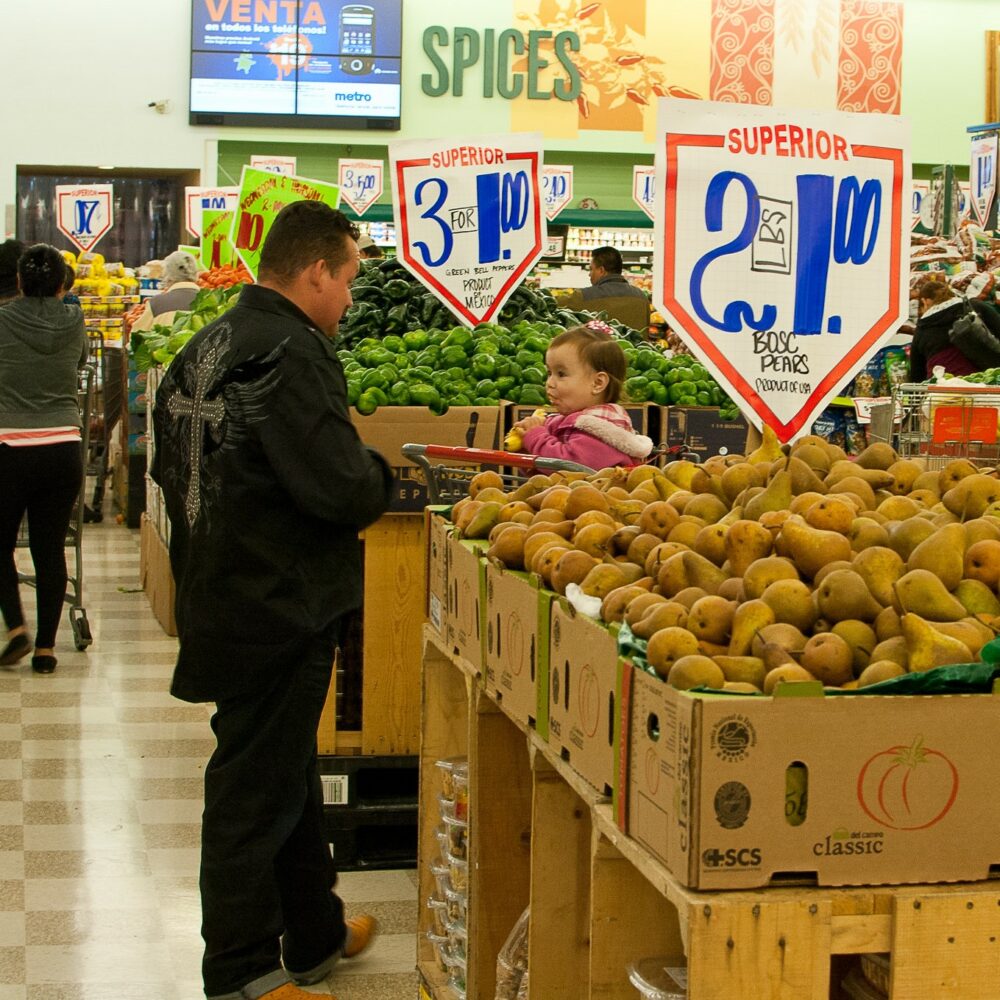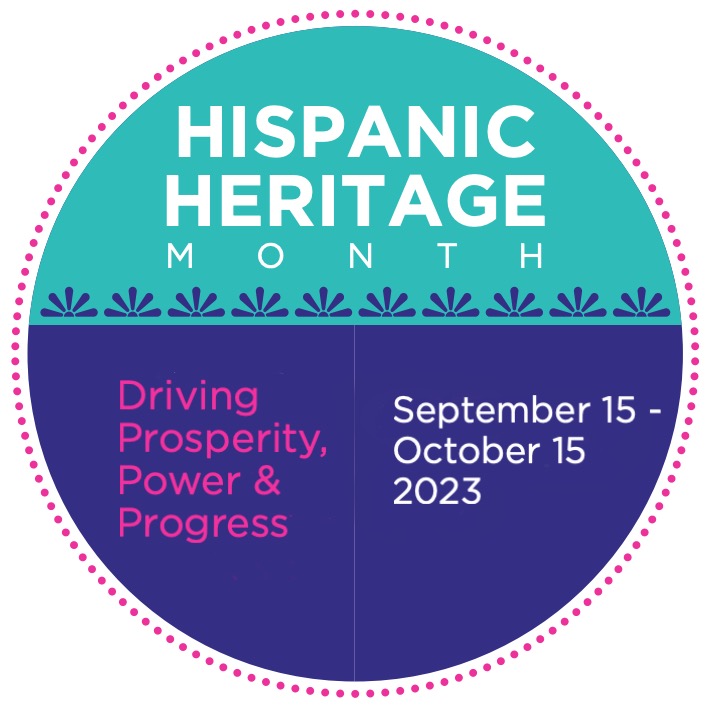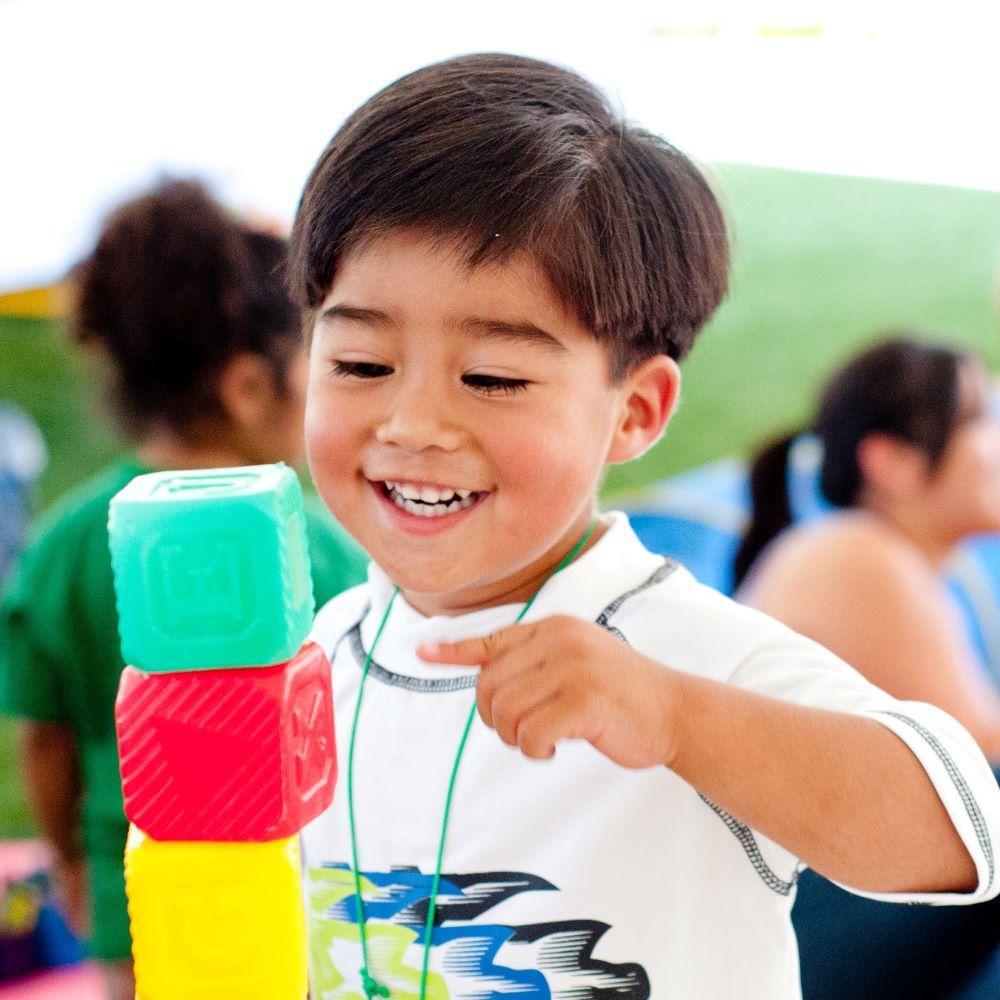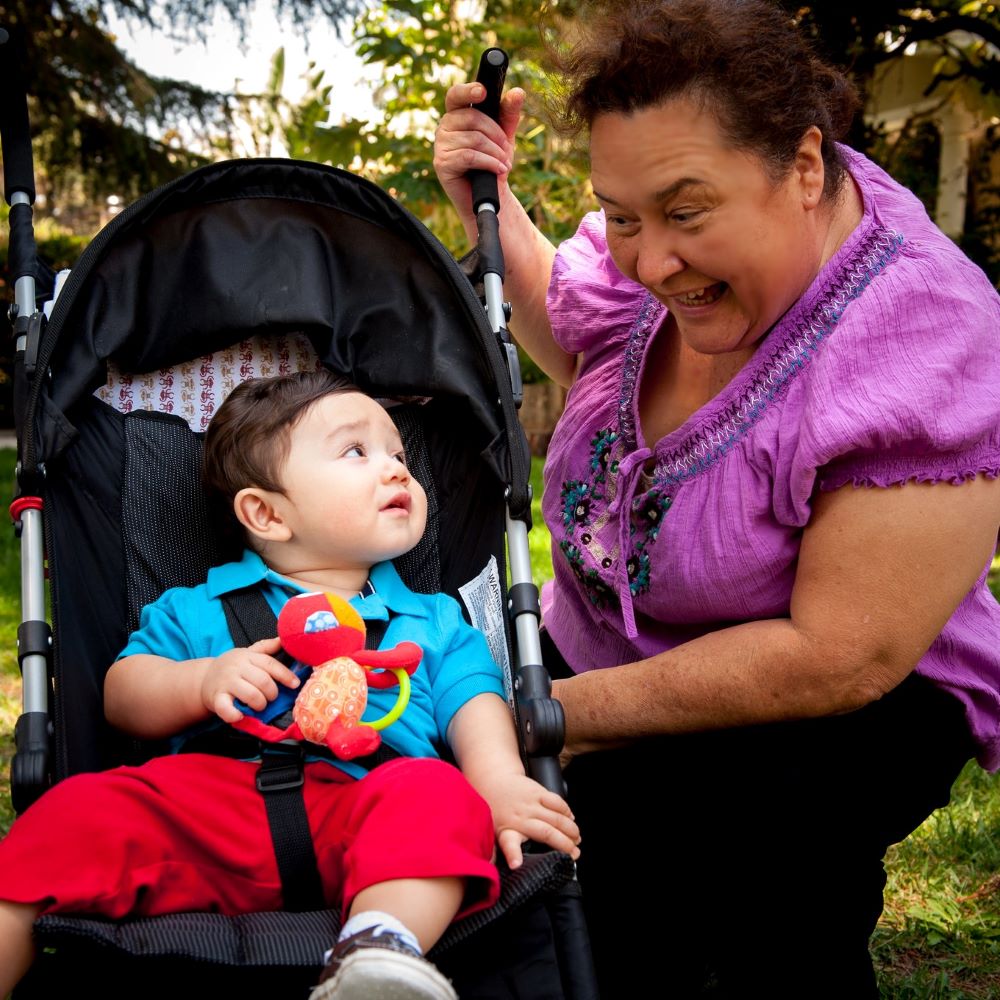June 30, 2022
Transitional Kindergarten. Universal Transitional Kindergarten. Pre-Kindergarten. Universal Pre-Kindergarten. Child care. Early Head Start. Head Start. Preschool. Universal Preschool.
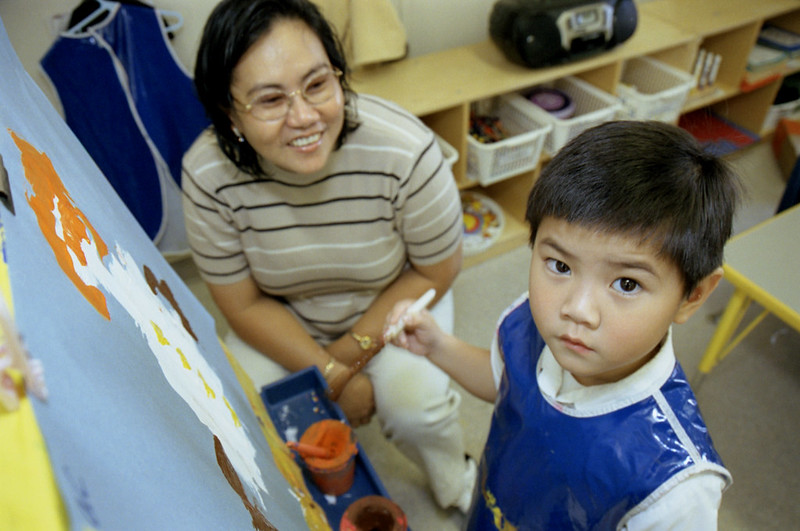 For your average media consumer, these terms may blur together. But for parents of young children and early childhood advocates in California, one currently stands out: Universal Transitional Kindergarten (UTK). Why? Because in July of last year, Gov. Newsom took the bold step of requiring all school districts in the state to add Transitional Kindergarten (TK) by 2025 as a part of the existing K-12 school system. If the plan succeeds, TK access will increase three-fold as it becomes available to all 4-year-olds in the state, regardless of family income, in three years.
For your average media consumer, these terms may blur together. But for parents of young children and early childhood advocates in California, one currently stands out: Universal Transitional Kindergarten (UTK). Why? Because in July of last year, Gov. Newsom took the bold step of requiring all school districts in the state to add Transitional Kindergarten (TK) by 2025 as a part of the existing K-12 school system. If the plan succeeds, TK access will increase three-fold as it becomes available to all 4-year-olds in the state, regardless of family income, in three years.
The new addition has excited many parents since UTK will provide a more structured curriculum for 4-year-olds, and relieve families the cost of a part-day early education program (and for qualifying families, the cost of a full-day program). But some advocates feel it may catastrophically throw off the balance of the state’s very fragile early care and education (ECE) system. Should that happen, many child care providers will have no choice but to close their doors, leaving parents of infants and toddlers, as well as working families who need full-day care, nowhere to turn.
Transitional kindergarten was pioneered in California as a part of the Kindergarten Readiness Act of 2010, which mandated that children had to be age 5 by Sept. 1 to enroll in kindergarten. This age restriction left out approximately 100,000 children who would have qualified under the previous policy, so TK was developed to give those children a state-funded program that met their needs. Since then, it has become a setting where 4-year-olds learn the skills needed to thrive in kindergarten. The value of TK programming was confirmed by a 2017 study that found TK improved academic skills for children of all income levels and concluded that the state should offer TK to all students.
The study bolstered a growing movement pushing for increased TK access. UTK was one of the elements laid out in the Governor’s Master Plan for Early Learning and Care, a hallmark document published in late 2020. Also that year, Assemblymember Kevin McCarty (D-Sacramento) authored AB 22, which proposed a full-day UTK plan alongside a package of bills aimed at fortifying the ailing ECE system. Newsom’s FY 2021-2022 budget announcement allocating $2.7 billion to a UTK plan seemed like a breakthrough next step. What was missing, however, were certain recommendations — such as building the capacity of the existing “mixed delivery” system encompassing child care, preschool and Head Start providers — that would mitigate aspects of the plan adversely affecting those ECE providers.
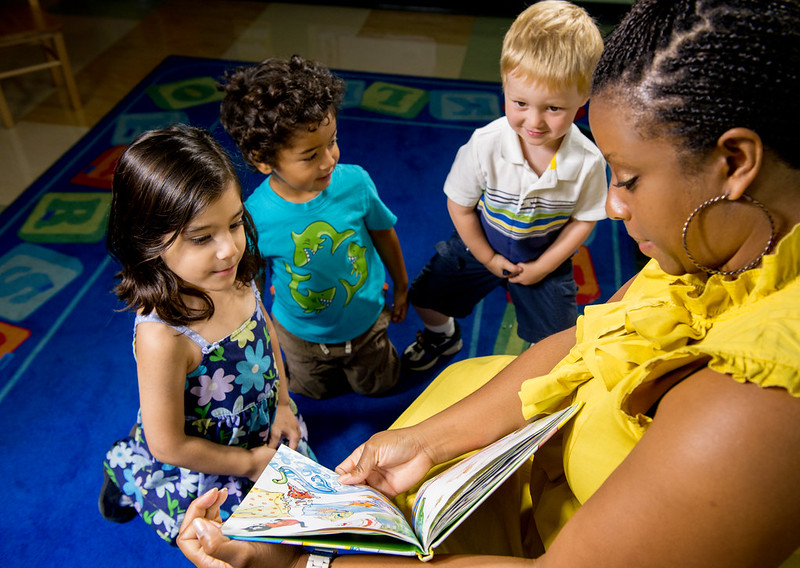
It’s important to understand the nuances of the child care system to see why UTK might create a challenge for some providers. First, most child care programs rely on income from older children — 3- and 4-year-olds — to offset the costs of care for infants and young toddlers. In California, child care centers are required by law to have one adult present for every four kids under age 2, while the ratio for 4-year-olds is one adult for every 12 kids. If local school districts provide free care for 4-year-olds, programs will no longer have preschool-age children to serve, making it difficult for child care businesses to offset infant/toddler care. Another challenge will be the impact on teachers. TK has the potential to pay a child care provider with a bachelor’s degree three times what they make at a center or family day care, incentivizing them to leave child care in favor of TK.
It’s also important to understand the terminology used to describe UTK, as some terms can be deceiving for the average reader. According to the California Department of Education website, Universal Pre-Kindergarten (UPK) is an umbrella term that includes UTK, the California State Preschool Program, Head Start (which is federally funded), and more. Most of those categories have eligibility requirements, including family income, so the only component of UPK that is universally available to all families for free is part-day TK instruction. Advocates also refer to most components under the umbrella term “UPK” as a mixed delivery system. One additional term to track is Early Transitional Kindergarten (ETK), which LAUSD uses to describe its own TK system. Approved before Newsom’s announcement, ETK has slightly different parameters than the state-level UTK.
To help offset the potential harm done to the mixed delivery system and increase free Preschool access to all families in California, Senator Connie Leyva introduced SB 976 in February, advocating for the state to invest in the existing child care infrastructure. First 5 LA took a support position on this bill, which you can read more about here.
“If these care facilities in the community close — which will very likely happen to many of them if we do not expand flexibility — many women will lose their jobs, and families will have even fewer options for their children,” said Leyva in a press release about the bill. A recent report from Politico suggests that if funding to support Leyva’s bill — estimated at $1 billion — does not make it into the final budget signed by Gov. Newsom, the legislation will not pass. As of this writing, neither the Governor nor the Legislature have included sufficient funds to finance Leyva’s proposed investments.
Starting in July, California will move into its second year of UTK implementation, moving the date that 4-year-olds are eligible to include more children. The Los Angeles Times Editorial Board characterized the first year as a rocky start but offered some suggestions on ways to steady the rollout by focusing on teachers.
The story of UTK implementation — and its effects on the mixed delivery system — is not over. We have put together a brief list of articles giving further details on the development of UTK and its first year of implementation below to help our readers further understand the story. First 5 LA will also be tracking the UTK rollout and will provide updates on bills and budgets through our Early Childhood Matters Newsletter, which you can sign up for here.
- Los Angeles Times: Editorial: Look before leaping into transitional kindergarten (May 16, 2021)
- LAist: Transitional Kindergarten For Every 4-Year-Old Could Reshape Child Care In LA — And Not Everyone Loves That (June 8, 2021)
- Governor Newsom: California Roars Back: Governor Newsom Signs Historic Education Package to Reimagine Public Schools (July 9, 2021)
- KQED: Why California’s Universal Transitional Kindergarten Plan Poses a Threat to Some Early Childhood Ed Providers (October 26, 2021)
- EdSource: Universal Transitional Kindergarten | Quick Guide (October 13, 2021)
- EdSource: What will universal TK mean for California kids? PODCAST: (October 13, 2021)
- S. News and World Report: What is Transitional Kindergarten? (February 1, 2022)
- Senator Leyva: Working Families Need True Access to Universal Preschool (February 10, 2022)
- CalMatters: Will there be enough teachers for California’s ambitious plans for its youngest students? (March 29, 2022)
- EdSource: LAUSD ahead of California timeline on expanded TK rollout (April 1, 2022)
- CalMatters: Some California school districts launch transitional kindergarten without state help (April 20, 2022)
- Los Angeles Times: Editorial: How to fix the rocky start of transitional kindergarten for all California 4-year-olds (May 6, 2022)
- Public Policy of Institute of California (Policy Brief): Setting the Stage for Universal Preschool (May 2022)
- Center for the Study of Child Care Employment: Double or Nothing? Potential TK Wages for California’s Early Educators (June 1, 2022)
- LAist: How Much Play? How Much Money? As California Moves Toward Universal Pre-K, Parents Weigh Options (June 6, 2022)
- Public Policy Institute of California: What Do Enrollment Declines Mean for Transitional Kindergarten? (June 9, 2022)
- EdSource: State board to vote on new early childhood education credential (June 10, 2022)
